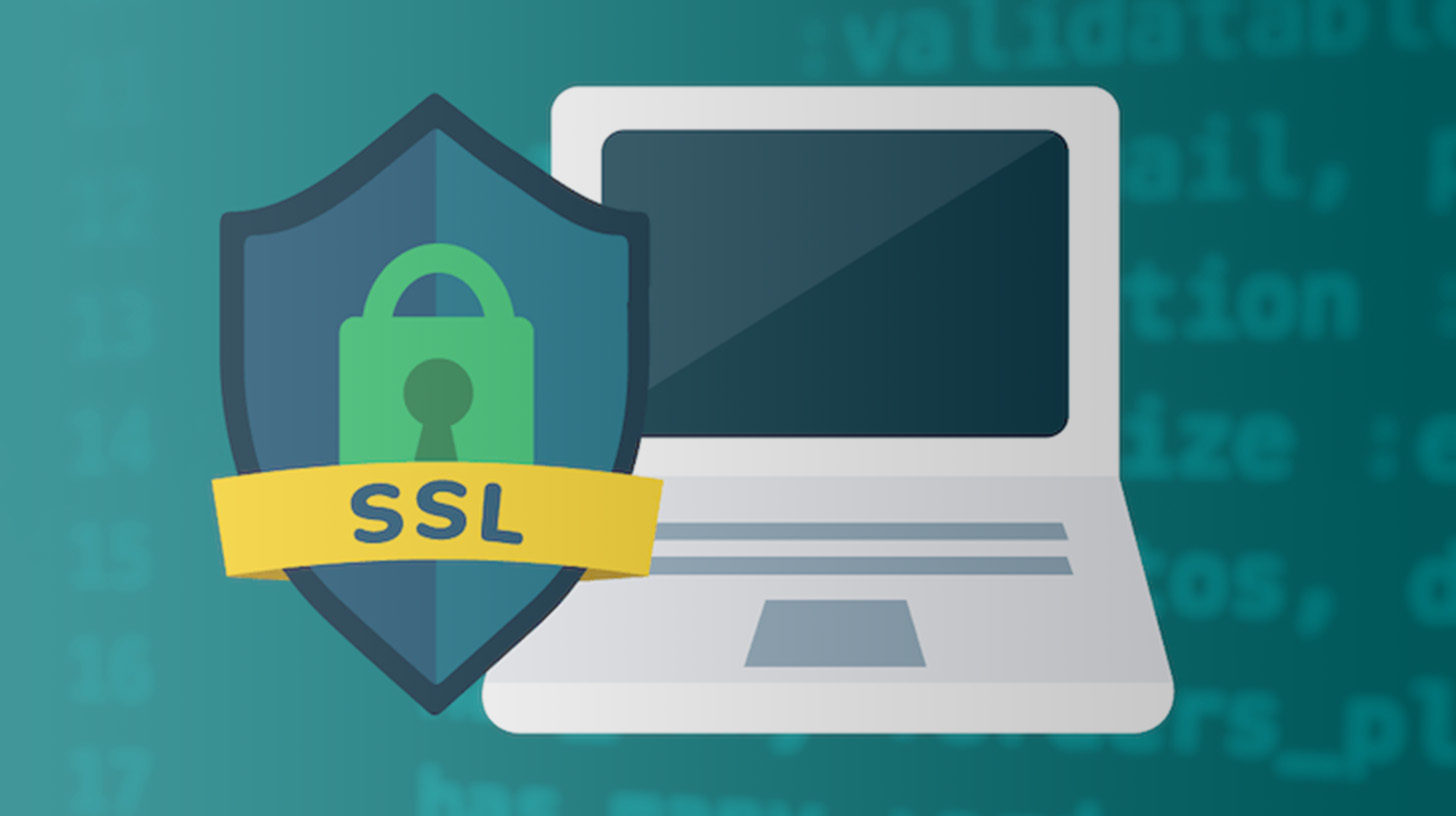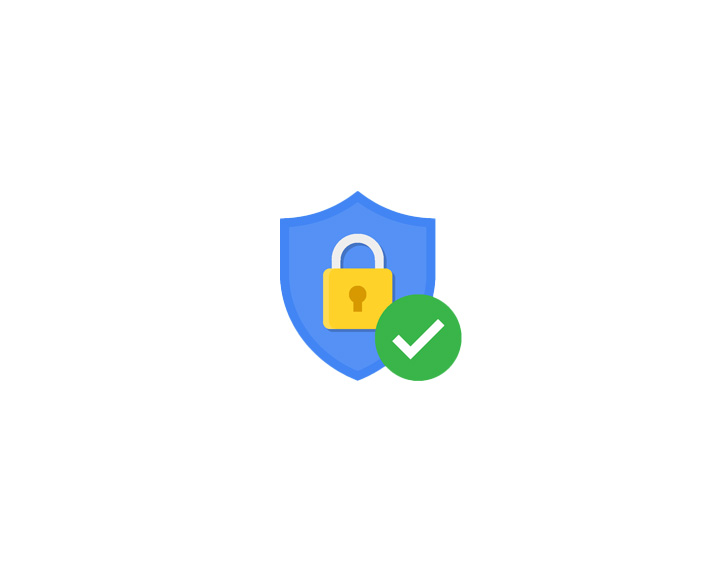Blog \ Technology \ What is SSL Certificate?

What is SSL Certificate?
Last update on 10/01/2023 22:29 0 771
Contents
SSL Certificates: Exploring the World of Secure Sockets Layer
In an increasingly digital world where data security is paramount, SSL certificates play a critical role in safeguarding online transactions, protecting sensitive information, and instilling trust in websites. Secure Sockets Layer (SSL) certificates have become an integral part of web security, and understanding the various types of SSL certificates is essential for website owners, administrators, and anyone concerned with online security. In this comprehensive blog, we will explore SSL certificates, their significance, and the different types available to secure your online presence.
The Significance of SSL Certificates
Before delving into the types of SSL certificates, let's first understand why they are crucial for online security and trust.
What Is SSL?
Secure Sockets Layer (SSL) is a security protocol that encrypts the connection between a user's web browser and a web server. This encryption ensures that the data transmitted between the two is secure and cannot be intercepted or tampered with by malicious actors.
Why SSL Matters
- Data Encryption: SSL encryption scrambles the data being transferred, making it unreadable to anyone without the encryption key. This protects sensitive information like login credentials, payment details, and personal data from being stolen.
- Trust and Credibility: Websites with SSL certificates display a padlock icon in the browser's address bar and use "https://" instead of "http://." This visual cue instills confidence in users that their connection is secure, fostering trust in your website.
- Search Engine Rankings: Search engines like Google give preferential treatment to websites with SSL certificates. Sites using SSL tend to rank higher in search results, making it an essential factor for SEO.
- Compliance: SSL is often a requirement for compliance with data protection regulations, such as GDPR in Europe and HIPAA in the United States.
Now that we understand the importance of SSL certificates, let's explore the different types available.
Types of SSL Certificates
SSL certificates are categorized into several types based on validation levels and the number of domains they secure. Here are the primary types:
1. Domain Validated (DV) Certificates
DV certificates are the simplest and most common type. They validate only the ownership of the domain and can be issued quickly. DV certificates are ideal for small websites and blogs, as they provide basic encryption.
Pros:
- Cost-effective.
- Fast issuance.
- Suitable for basic websites.
Cons:
- Minimal validation, may not inspire high trust.
2. Organization Validated (OV) Certificates
OV certificates provide a higher level of validation by verifying the legitimacy of the organization behind the domain. This includes checking the organization's legal status and physical address. OV certificates are suitable for businesses and e-commerce sites.
Pros:
- Greater trust and credibility.
- Displays organization details in the certificate.
Cons:
- Longer issuance time compared to DV certificates.
- Moderate cost.

3. Extended Validation (EV) Certificates
EV certificates offer the highest level of validation. They involve rigorous checks, including legal, physical, and operational verification of the organization. Websites with EV certificates display the organization's name in the browser's address bar, along with the padlock icon.
Pros:
- Highest level of trust and credibility.
- Prominent display in browsers.
Cons:
- Longer and more complex validation process.
- Higher cost.
4. Wildcard Certificates
Wildcard certificates are designed to secure the main domain and all its subdomains. For example, a wildcard certificate for "example.com" would secure "www.example.com," "blog.example.com," and any other subdomains.
Pros:
- Cost-effective for securing multiple subdomains.
- Simplifies certificate management.
Cons:
- Vulnerable if the private key is compromised.
5. Multi-Domain Certificates (SAN Certificates)
Multi-Domain certificates, also known as Subject Alternative Name (SAN) certificates, allow you to secure multiple domains and subdomains with a single certificate. They are highly versatile and cost-effective for businesses with diverse online properties.
Pros:
- Secures multiple domains and subdomains.
- Cost-efficient for businesses with varied web assets.
Cons:
- Limited to a predefined number of domains.
6. Single-Domain Certificates
Single-domain certificates, as the name suggests, secure a single domain, including its subdomains. They are suitable for businesses with a specific web presence.
Pros:
- Affordable for securing one domain.
- Can include subdomains if needed.
Cons:
- Limited to one domain.
Choosing the Right SSL Certificate
Selecting the right SSL certificate depends on your specific needs and the nature of your online presence. Consider the following factors when making your choice:
-
Validation Level: Choose a validation level that aligns with your organization's credibility and the trust you want to instill in your website visitors.
-
Number of Domains: Determine how many domains and subdomains you need to secure. Wildcard or multi-domain certificates may be more cost-effective for larger web portfolios.

-
Budget: Consider your budget constraints, as SSL certificates vary in price depending on their type and the Certificate Authority (CA) that issues them.
-
E-commerce: If you run an e-commerce website, strong encryption and EV certificates may be crucial to building trust with your customers.
Conclusion
SSL certificates are the bedrock of online security and trust. They encrypt data, protect user information, and signal to visitors that your website is safe. By understanding the different types of SSL certificates and their roles, you can make an informed decision that aligns with your organization's needs and budget.
Whether you opt for a basic DV certificate or invest in the highest level of EV validation, securing your website with SSL is not only a best practice but also a powerful step toward building a strong online presence and fostering trust among your audience. Don't compromise on security—embrace the world of SSL certificates to protect your digital assets and instill confidence in your visitors.











